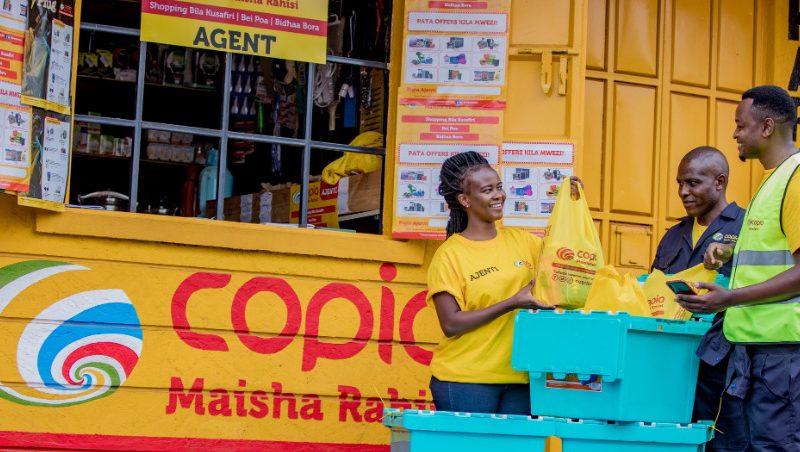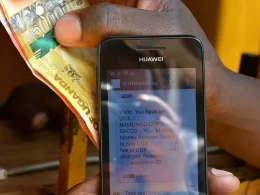By Mark Kawalya
Online business-to-consumer (B2C) retailer Copia is seeking partners in the payment solutions sector as it seeks to boost its growth in Uganda, Tim Steel, the company’s CEO, says.
Copia was founded by Tracey Turney and Jonathan Lewis in 2013 with the vision of accelerating the power of mobile commerce to middle- and low-income Africans. The firm hopes to transform this underserved demographic into empowered global consumers.
Digital payment technologies are a key agenda item for Africa’s e-commerce industry. Statistics from the US International Trade Administration (ITA) indicate that by 2025, Africa will have more than half a billion e-commerce users. This is despite the fact that half of Africa’s adult population remains formally unbanked. Additionally, debit card and credit card payments are largely underused, with penetration standing at only 10% and 2%, respectively.
Copia has been beefing up its payment infrastructure to increase the number of customers the firm can serve.
The firm announced a partnership with pan-African payments firm Cellulant to make payments easier for urban users and those in the diaspora.
According to Steel, solutions in East Africa need to take into consideration the extensive use of mobile money.
“The business in Uganda has grown rapidly since we entered in 2021, but the company is only serving a small part of the market on the eastern side of Kampala.” Steel says.
On the other hand, Copia reaches about 75% of the addressable market in the Kenyan market.
Steel is working towards reaching the same level of coverage in Uganda in the next two to three years, with the estimated process likely to take a shorter time because of the use of tested strategies.
Copia’s current portfolio of investors includes Goodwell, the US International Development Finance Corporation, and the Sorenson Impact Foundation. In November 2022, the firm commissioned a 24,000 square-foot fulfilment centre in Kampala while also adding its 12th depot in Kenya. Copia has a total of 50,000 agents in both Kenya and Uganda and serves more than 500,000 clients each month. Users that do not own smartphones can use Copia to purchase essential goods using USSD codes, the firm’s agents, and the frequently updated print catalogues.








